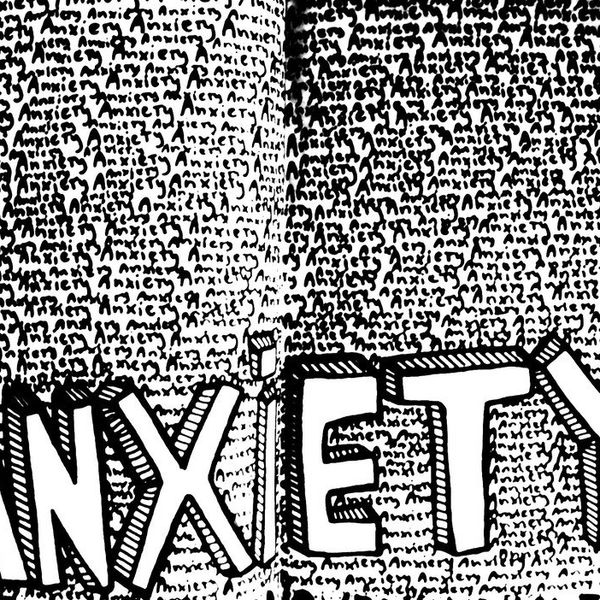I didn’t know what to expect when I signed up to do a clinical psychology practicum during my semester abroad in Denmark. I thought it would be an inpatient type of setting and that I wouldn’t have much interaction with patients but rather would be in the background doing more intern-esque tasks. I thought it would be a good source of experience and something pretty to put on my resume. I didn’t expect it to be one of the high points of my semester. I didn’t expect it to be anything like what it was, and most of the reason is the type of setting I was in does not exist in the US.
I had never heard of a social psychiatry cafe before our first day of class when we first received information about our practicum sites. It seemed like sort of an oxymoron; psychiatry, I thought, was more biological and had little to do with anything social, and how could a cafe be a center for treatment? As it turned out, the social aspect is key to these cafes and the treatment that happens in them.
If you are looking for psychological treatment in the traditional sense of talking to a therapist and/or taking medications, you might not think any treatment happens in social psychiatry cafes whatsoever. It looks like a piece of organized chaos, with everyone doing their own thing—drinking coffee, knitting, playing music, reading, the works. Anyone is free to drop in anonymously. There are no psychologists even in the building, just staff who keep the place running.
But make no mistake: while it may not be a formal psychiatric setting, healing does happen in these places. Healing happens when you walk in and everyone greets you by name. Healing happens when you have the chance to tell your story. Healing happens when you have a reason to get out of bed in the morning and a place to go. Healing happens over coffee.
As a student in this setting, I felt no divide between the users and myself (the use of the word “users” instead of “patients” is entirely intentional). In fact, at first glance, it can be hard to tell the users from the staff. Much of my time there felt like hanging out with friends. I could feel for myself how easily one can feel like they belong there, even when they may not feel like they belong anywhere.
In class, we talked a lot about how loneliness is a key problem for people with mental illnesses. When it’s near impossible to leave the house or even get out of bed, when other people are the most terrifying thing imaginable, it’s easy to feel closed off from the world. This is where mental illness manifests: in not having anyone to turn to, in being left alone in your own mind. Social psychiatry cafes give users a place to get out of their house and out of their own mind—in short, out of their loneliness. It’s a safe place where anyone can feel welcome.
In inpatient settings, there is a clear divide between patients and staff. It is an inherently oppressive setting, where patients are made to feel like prisoners, to feel inferior and often more insane than they actually are.
Obviously, a social psychiatry cafe is not the place to go for someone in crisis. Denmark does have inpatient settings for people who really need them. But hospitals offer something else for patients in crisis who don’t necessarily need to be admitted. Doctors can ride their bikes to the home of a patient in need and administer the necessary treatment right there and the family of the patient is involved as much as possible. This actually came about as a result of budget cuts, but everyone in my class agreed that this was an ideal means of treatment because it doesn’t disrupt the patient’s day to day life, it keeps their social networks involved and it leaves hospital beds open for the people who really need them.
When it comes to mental health, Denmark’s system isn’t perfect. There is still stigma and they have the same problems as us when it comes to overprescribing medications. But the U.S. can take away a lot from what they are doing right. People with mental illnesses do not need to be locked up. They need to be out in the world, surrounded by social support systems. They need to have places where they can feel unconditionally welcomed and accepted. They need to be doing what they can in order to maintain a healthy and next to normal lifestyle. In short, we need to learn to treat people with mental illnesses as human. We need to see the person, not the disease.





















